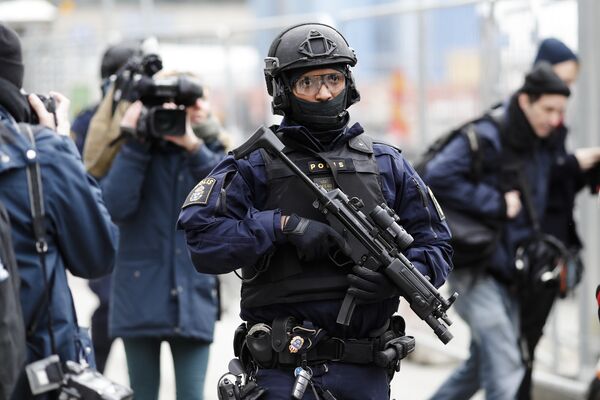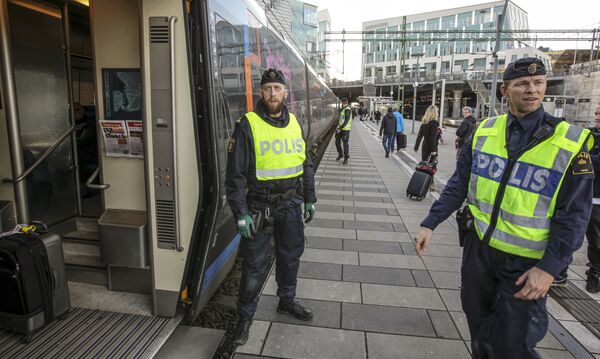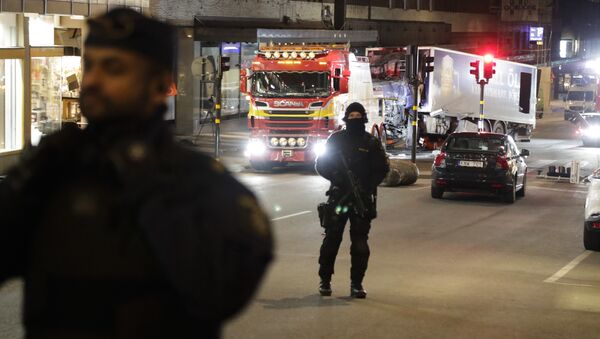According to official figures, 43 hand grenades were seized in Sweden last year, of which 21 had been detonated. In 2016, 55 were seized, of which 35 had detonated. In 2015, a mere 10 were detonated.
In all, there've been 78 cases of hand grenade explosions in Sweden since 2010, with half occurring in 2016. As of October, there've been a number of high-profile incidents involving the incendiary devices. For instance, in January a Stockholm resident in his 60s was killed after accidentally picking up a discarded grenade outside a metro station, believing it to be a toy. A mere three weeks later, in Gothenburg, a grenade was thrown through the window of a house in which seven were present, the result of a suspected gang rivalry.

The move follows an amnesty on illegal and non-registered firearms introduced in February which ran until April, although this time individuals cannot bring illicit weapons to police stations — they must report them to law enforcement, who'll then collect any offending articles. Authorities presumably also hope the latest surrender scheme will be more effective than the last initiative — while it yielded over 12,000 illegal firearms, most were old hunting rifles and only few could be linked to criminal activity.
Nationwide Epidemic
Grenade attacks have risen 140 percent since 2014, a period concurrent with a record influx of asylum seekers to Sweden. The Sweden Democrats, the primary opponent of Stockholm's open borders policy, has frequently connected the phenomena, with party chairman Jorgen Grubb alleging in 2017 it was "always people from other countries that do these things" and stating it was time for Sweden to "put up a red stop sign".

Whatever the truth of the matter, the appeal of grenades to the country's criminal fraternity is clear — after all, unlike guns or knives, grenades leave no forensic evidence or traceable pathology, and are easier to conceal. What's more, Swedish law has historically treated "flammable and explosive materials" less severely than firearms, with milder sentences for transgressors — rather than years in prison as an automatic penalty, people caught in possession of grenades were more likely to be incarcerated for around six months, if at all.
Police data indicates the most common hand grenade used in Sweden is the M75, which originates in the Balkans — there's a surfeit of the devices left over from the region's various wars of independence in the 1990s. M75s are brought into Sweden by car, truck and bus, and authorities believe often bundled in for free with orders of AK-47s and other firearms.
In order to combat the illicit flow, in November an amendment was passed, reversing a loophole which meant explosive devices didn't have to be reported to customs authorities when entering Sweden — now, failure to report is classed as smuggling.




